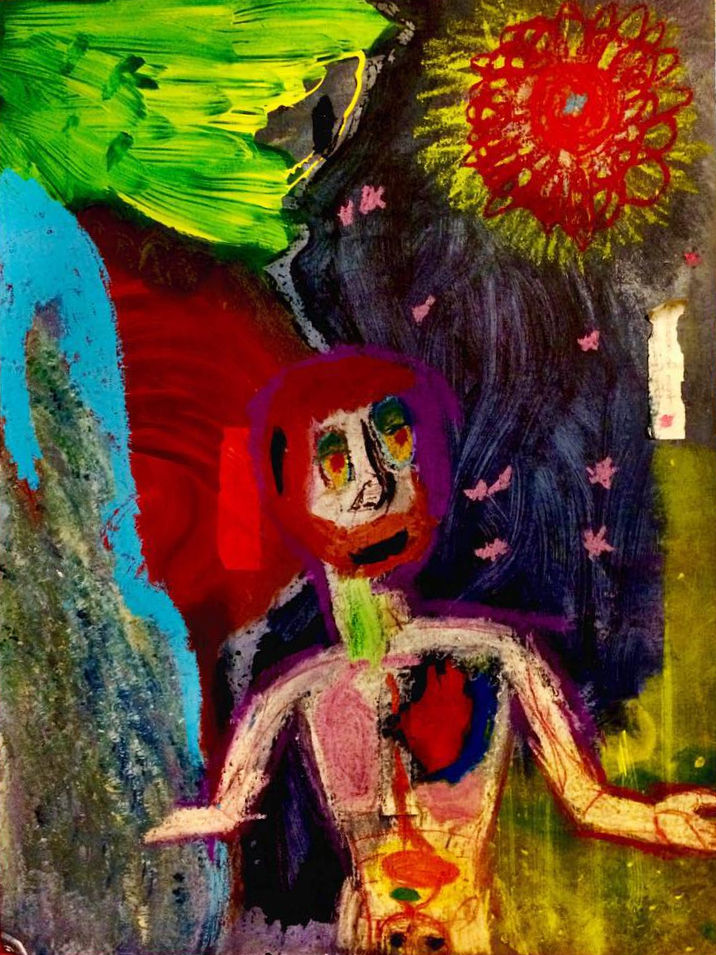Thanks for cracking my wind shield
- Luke Sims
- Mar 13
- 2 min read

It’s one of those moments in my life that I’ll remember with absolute clarity — both because of the pain of the time and the release that came with the realization.
Six months earlier, in the throes of COVID, I had packed up everything I owned and driven to a family friend’s place in Colorado, hoping to build a new life. At that point, I had no real opportunities and was stuck in a six-year-long rut. I had left the city, taken a substantial pay cut, and told myself I needed to “prove my worth before asking for a raise.” In the months that followed, I did stellar work — boosting overall revenue and streamlining operations.
But when it came time to negotiate my raise, I realized the people I was dealing with had no sense of honor. They had gotten the better of me and enjoyed making me feel like I had been foolish to trust them.
A few weeks later, another opportunity came through a family friend, but before it even started, I could tell it was going to be a disaster. I was stuck in a hotel in a dangerous city, all my belongings sitting in a parking lot just waiting to be stolen. Anxiety consumed me. I knew this wasn’t the right move.
The feeling of indignation struck deep — disappointment, self-blame, and a creeping sense of failure. By then, I was on the road again, driving back to Florida with everything I owned, heading to my mom’s house. Passing through the rolling green hills of North Carolina, I listened to an audiobook while my mind raced with negativity.
Then, in the middle of Emotional Intelligence 2.0, a section on reframing changed my life. It described how someone prone to negative self-talk had realized that those very feelings — frustration, disappointment, even shame — were proof of how deeply they cared about their future. That realization hit me hard.
At that exact moment, a pebble from a nearby truck struck my windshield, leaving a small crack. A few months earlier, I would have seen it as another cataclysmic sign of my ongoing failure. But in that moment, it felt insignificant. Just another accident. Something that could be fixed.
That moment stays with me. Whenever those voices creep back in, when I start to tear into myself, I remind myself that those emotions — those wild, untamed horses — can be harnessed and directed toward something better.
Even now, there are moments when calamity stacks up, and my mind rushes to connect the dots, to justify why I don’t deserve good things. But I’ve learned to sit with those thoughts, interrogate them, and recognize the old voices that no longer serve me.
It’s funny — someone who has developed a talent for communication at a high level might think of it in terms of speaking to others. But for me, it has always been more reflective. The words people use, the way they operate, tell me far more than any direct question ever could. And when I turn that same lens inward, I can truly understand my own mind and construct a healthier reality for myself.
That, more than anything, is the greatest gift of communication.



Comments